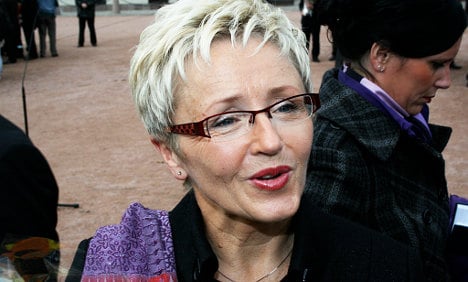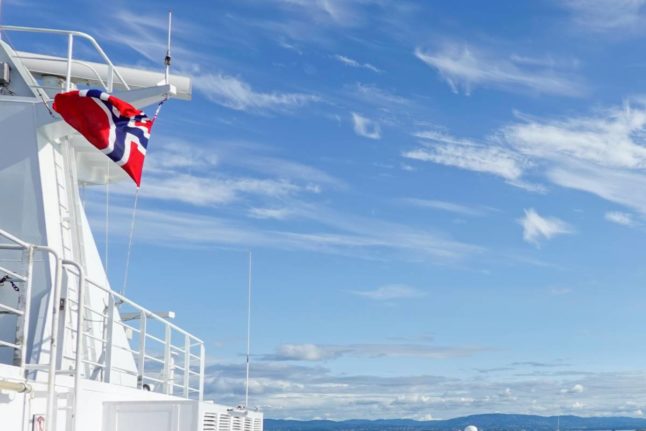Currently, 38 percent of politicians elected to municipal councils in Norway are women. This figure needs to increase, according to Naversete, who leads the Centre Party, a junior partner in the governing red-green coalition.
“I think the time has come to discuss how the parties’ lists are compiled,” she told national broadcaster NRK.
“If the distribution between men and women is too skewed, we’ll have to take a look at it.”
Navarsete said she wanted to examine the possibility of requiring Norway’s political parties to ensure every second candidate on their council election ballots is a woman.
“It’s not an unknown fact that men get elected more frequently than women in a multiple-winner voting system. This is why we as voters must be aware of our responsibility,” said the minister.
Navarsete said she knew politics could be a tough environment, and understood that many women preferred to prioritize family and leisure time over political involvement. Nonetheless, the minister said she wanted to ensure more women became interested in running for political office in future.
The Centre Party leader said she now planned to approach the country’s other main political parties to get their view on the idea of introducing gender quotas in municipal politics.



 Please whitelist us to continue reading.
Please whitelist us to continue reading.
Member comments